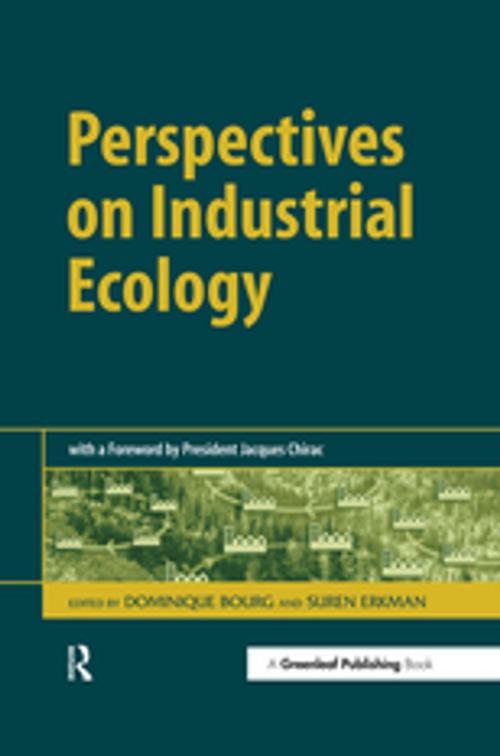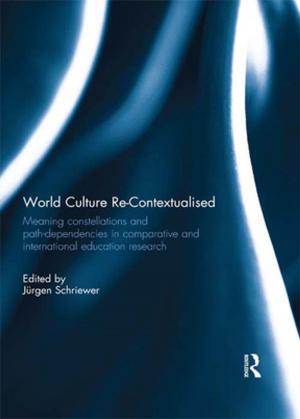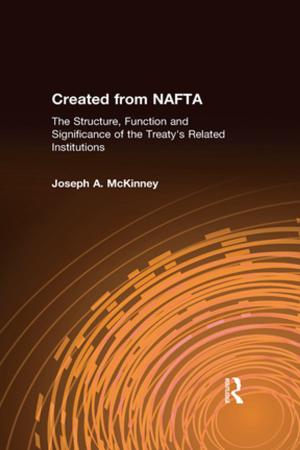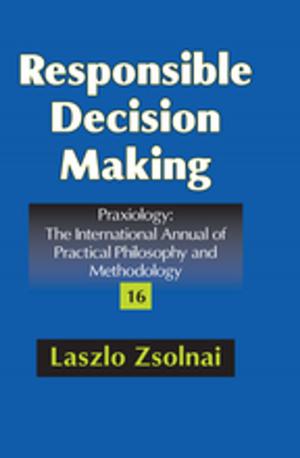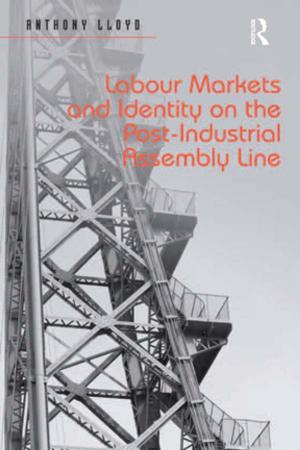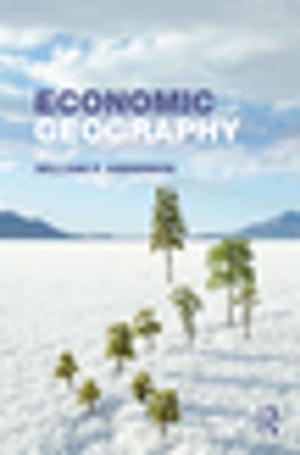Perspectives on Industrial Ecology
Business & Finance, Business Reference, Business Ethics, Industries & Professions, Industries| Author: | ISBN: | 9781351282062 | |
| Publisher: | Taylor and Francis | Publication: | September 29, 2017 |
| Imprint: | Routledge | Language: | English |
| Author: | |
| ISBN: | 9781351282062 |
| Publisher: | Taylor and Francis |
| Publication: | September 29, 2017 |
| Imprint: | Routledge |
| Language: | English |
Business-as-usual in terms of industrial and technological development – even if based on a growing fear of pollution and shortages of natural resources – will never deliver sustainable development. However, the growing interest in recent years in the new science of industrial ecology (IE), and the idea that industrial systems should mimic the quasi-cyclical functions of natural ecosystems in an 'industrial food chain', holds promise in addressing not only short-term environmental problems but also the long-term holistic evolution of industrial systems.
This possibility requires a number of key conditions to be met, not least the restructuring of our manufacturing and consumer society to reduce the effects of material and energy flows at the very point in history when globalisation is rapidly increasing them. This book sets out to address the theoretical considerations that should be made implicit in future research as well as practical implementation options for industry. The systematic recovery of industrial wastes, the minimisation of losses caused by dispersion, the dematerialisation of the economy, the requirement to decrease our reliance on fuels derived from hydrocarbons and the need for management systems that help foster inter-industry collaboration and networks are among the topics covered.
The book is split into four sections. First, the various definitions of IE are outlined. Here, important distinctions are made between industrial metabolism and IE. Second, a number of different industrial sectors, including glass, petroleum and electric power, are assessed with regard to the operationalisation of industrial ecology. Eco-industrial Parks and Networks are also analysed. Third, the options for overcoming obstacles that stand in the way of the closing of cycles such as the separation and screening of materials are considered and, finally, a number of implications for the future are assessed. The contributions to Perspectives on Industrial Ecology come from the leading thinkers working in this field at the crossroads between a number of different disciplines: engineering, ecology, bio-economics, geography, the social sciences and law.
Business-as-usual in terms of industrial and technological development – even if based on a growing fear of pollution and shortages of natural resources – will never deliver sustainable development. However, the growing interest in recent years in the new science of industrial ecology (IE), and the idea that industrial systems should mimic the quasi-cyclical functions of natural ecosystems in an 'industrial food chain', holds promise in addressing not only short-term environmental problems but also the long-term holistic evolution of industrial systems.
This possibility requires a number of key conditions to be met, not least the restructuring of our manufacturing and consumer society to reduce the effects of material and energy flows at the very point in history when globalisation is rapidly increasing them. This book sets out to address the theoretical considerations that should be made implicit in future research as well as practical implementation options for industry. The systematic recovery of industrial wastes, the minimisation of losses caused by dispersion, the dematerialisation of the economy, the requirement to decrease our reliance on fuels derived from hydrocarbons and the need for management systems that help foster inter-industry collaboration and networks are among the topics covered.
The book is split into four sections. First, the various definitions of IE are outlined. Here, important distinctions are made between industrial metabolism and IE. Second, a number of different industrial sectors, including glass, petroleum and electric power, are assessed with regard to the operationalisation of industrial ecology. Eco-industrial Parks and Networks are also analysed. Third, the options for overcoming obstacles that stand in the way of the closing of cycles such as the separation and screening of materials are considered and, finally, a number of implications for the future are assessed. The contributions to Perspectives on Industrial Ecology come from the leading thinkers working in this field at the crossroads between a number of different disciplines: engineering, ecology, bio-economics, geography, the social sciences and law.
